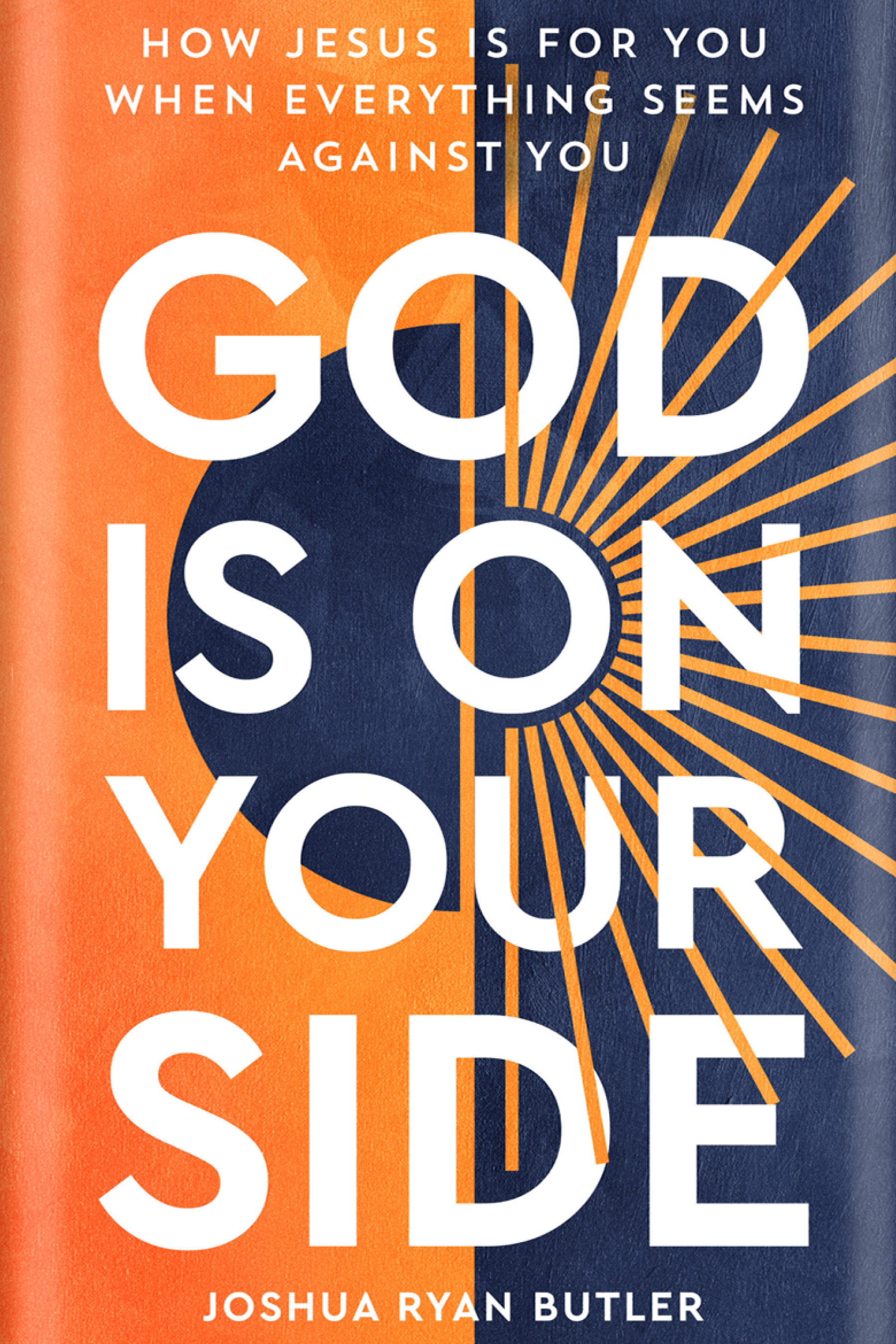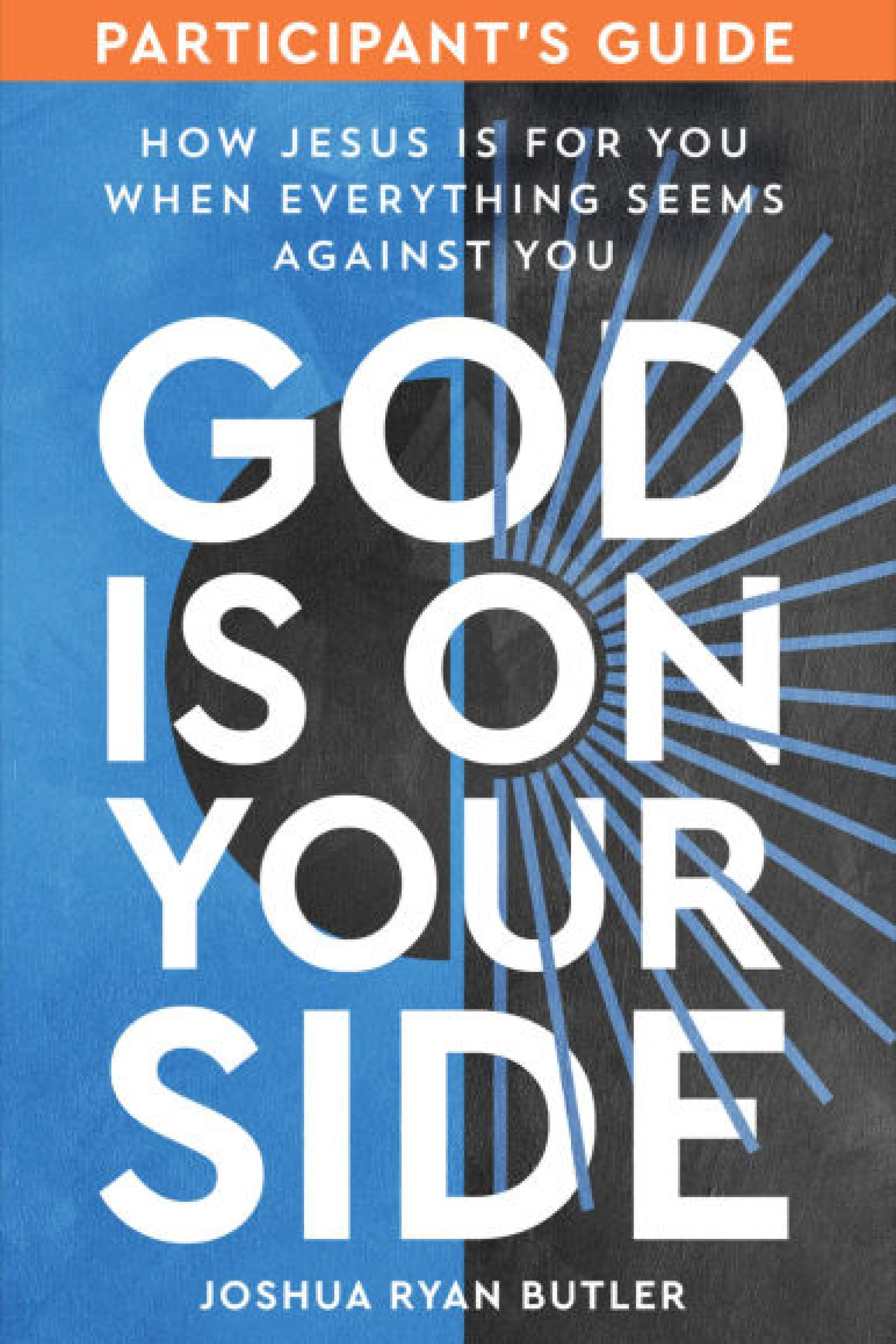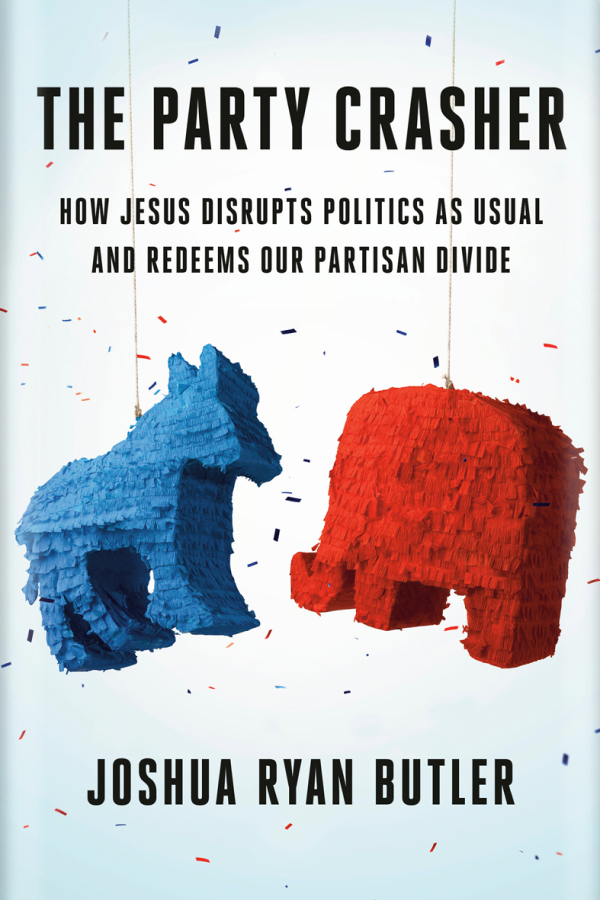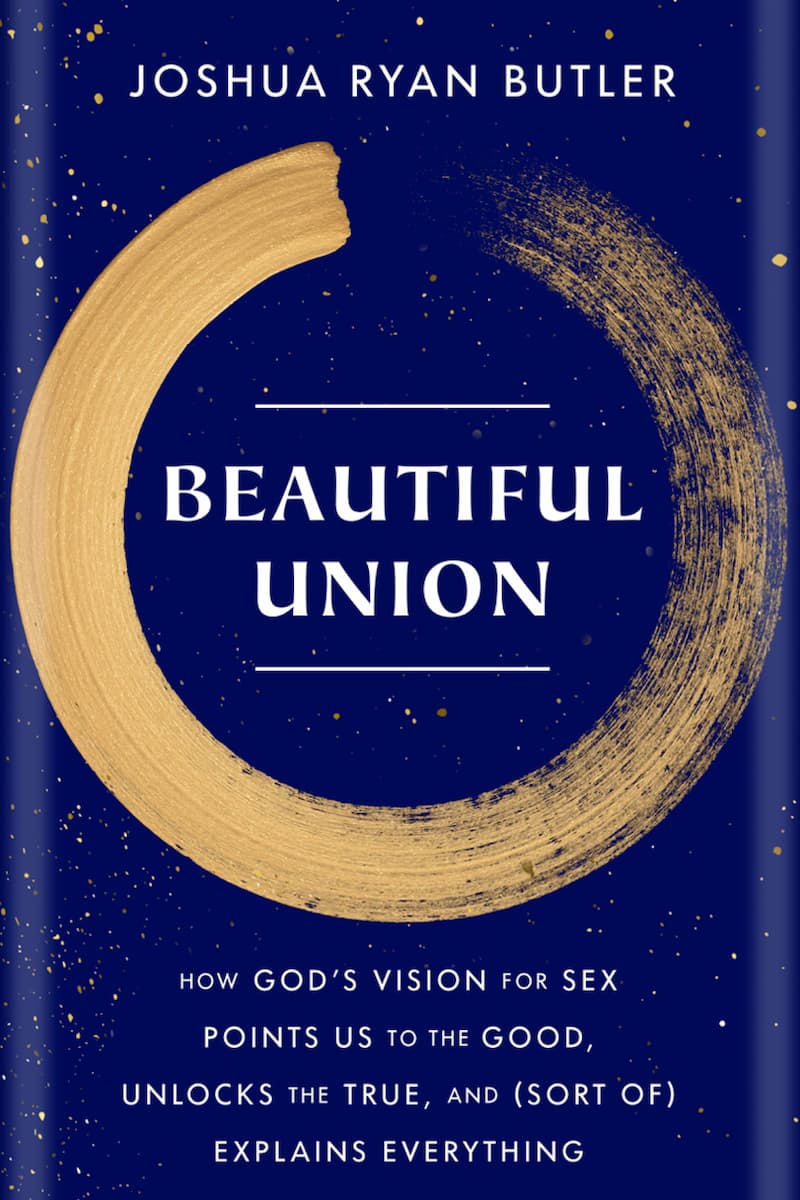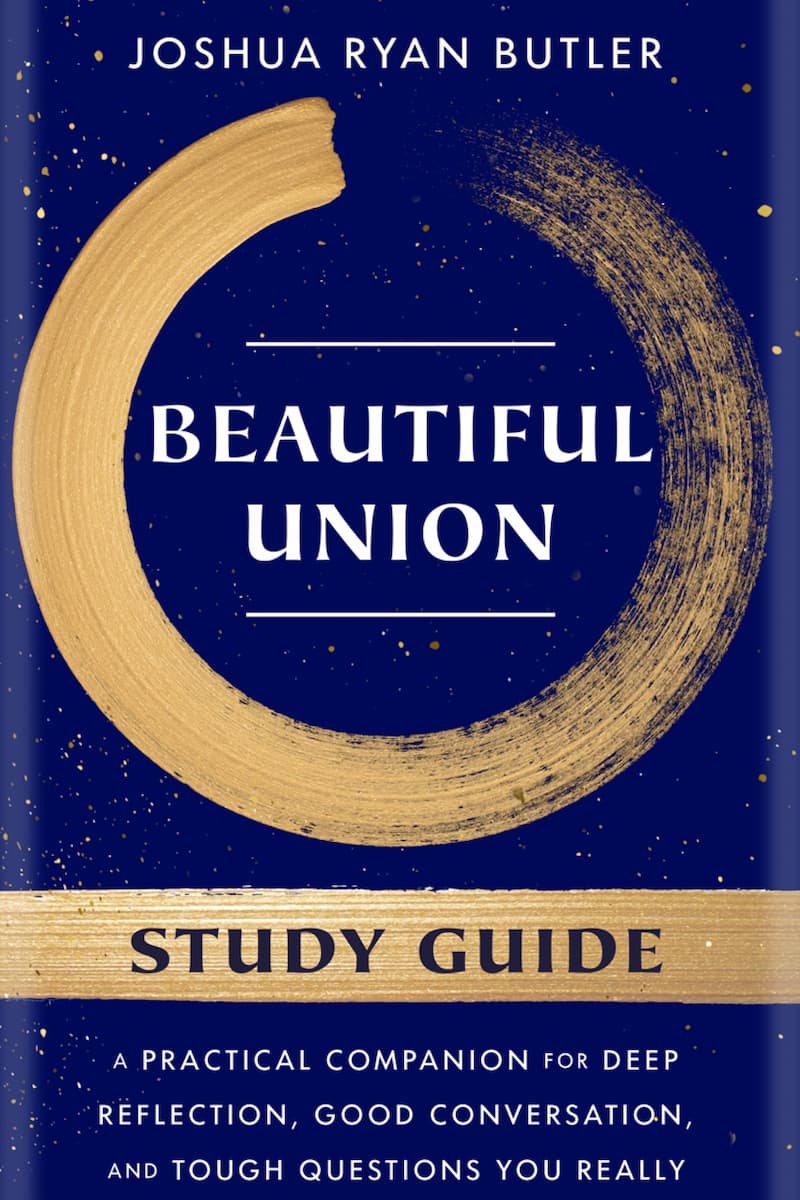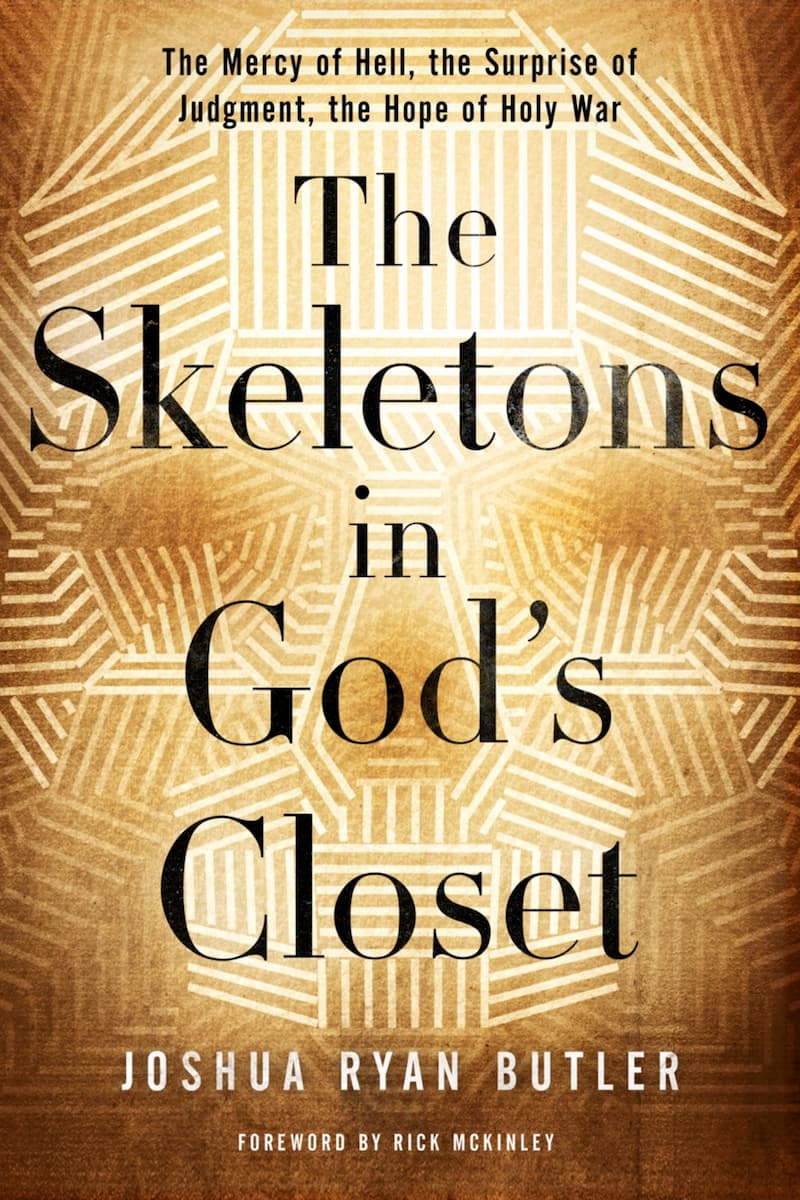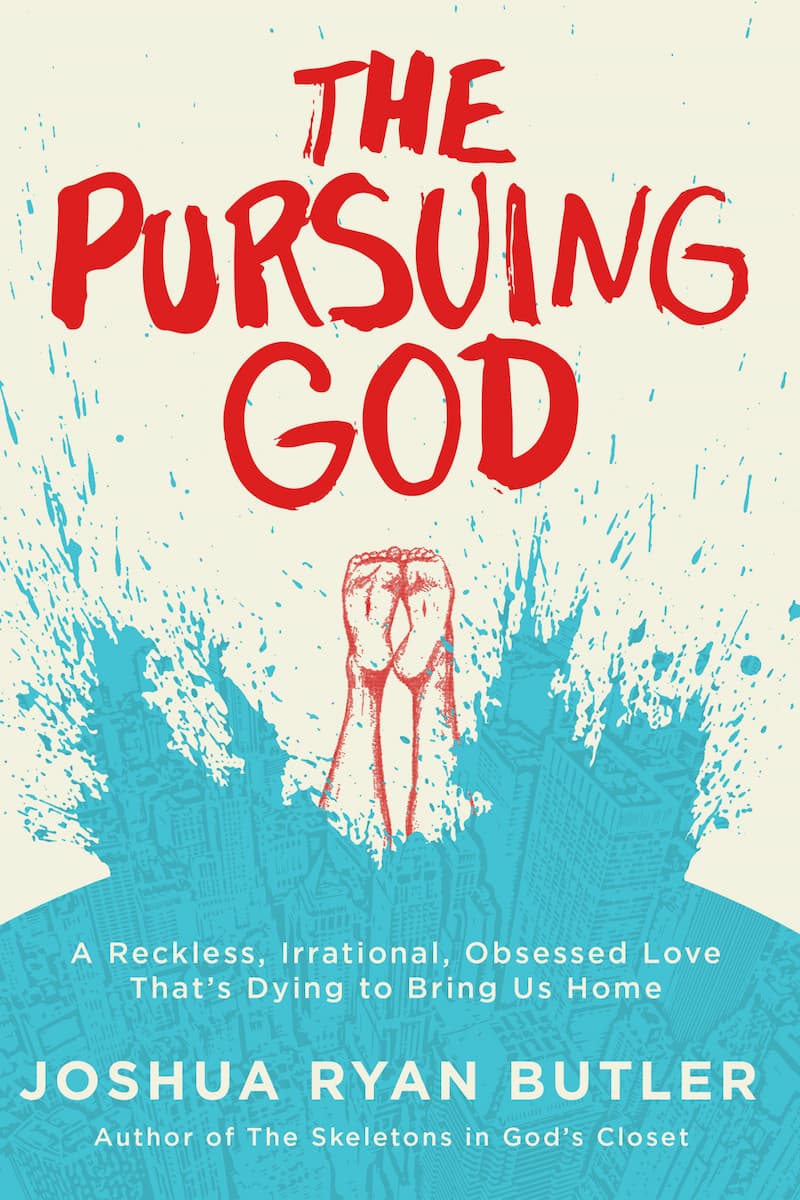God Is On Your Side
You don’t have to win God’s love. God has come to win yours. Even in your darkest moments, he pursues you to shape you and draw you close. Come encounter the hope-filled radiant love of the God who is always on your side.
Get updates by joining my newsletter
